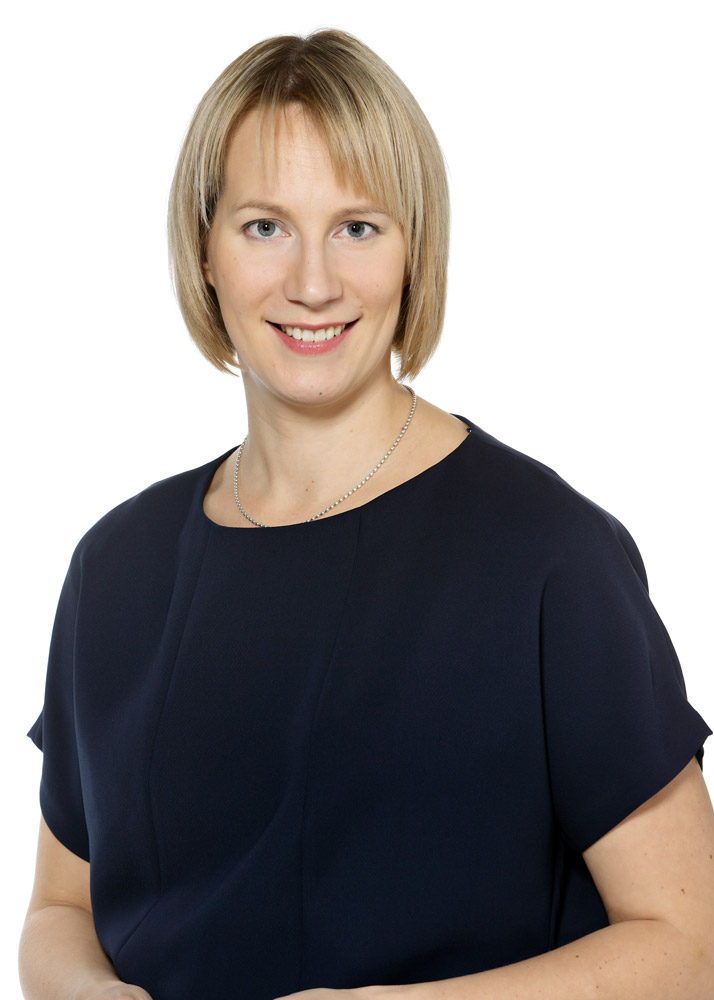New guidelines for FSC certification

New FSC guidelines are important for Finland as well, although few Finnish forests are certified under it.
The FSC forest certification (see the box at the end of this article) is being revised through a procedure called IGI work; the abbreviation stands for International Generic Indicators. These indicators define the practical implications of the ten global principles of the FSC certification.
This work reached a new stage when the FSC International Board of Directors approved the new indicators last Friday. The decision was preceded by nearly three years of work.
The indicators are to serve as a tool for solving a fundamental problem of the FSC: the level of certification varies too much between different countries. In the future, all national FSC standards will be updated to comply with the new indicators.
Auditing companies to have less impact
The aim is that in the future, all national standards are on the same level and comparable with each other. In this way, the FSC hopes to improve the level of certification in countries where the standards have been too relaxed.
Nevertheless, each country will be allowed to interpret the indicators to suit its particular conditions. This means that the standards in different countries may ultimately look very different, despite striving for the same level.
The new indicators are also meant to solve another problem related to the FSC certification: though the FSC rules require the existence of a national certification standard before an FSC certification can be granted, this requirement has been bypassed in quite a number of countries.
At the moment, certification in these countries is usually based on how auditing companies apply the ten global FSC principles – even if they do this under guidance from the FSC. In the future, auditing companies are expected to use the new indicators as the basis of their work.

Finnish standard also to be revised
Finland is to start revising its FSC forest certification standard later this year, so as to implement the new indicators. At the same time, the standard will also be updated in other respects.
Ms. Anniina Kostilainen, General Secretary of FSC Finland, says that the work will not be completed overnight. “We listen to the voices of all stakeholders with equal attention in the FSC. To reach a joint understanding may require lengthy discussions,” says Kostilainen.
According to Kostilainen, it is impossible to say what the new standard will look like. “The first Finnish FSC standard has been in use for four years. We have found that some parts of it are ambiguous. At the least, we will have to address that,” says Kostilainen.
Demand for FSC is increasing
What, then, is the significance of this work for Finland, with a relatively small area of FSC-certified forests? Firstly, a high number of Finnish forest industry companies have joined the FSC system. They are able to produce FSC-certified products because the FSC does not require all wood material in certified products to be certified.
Also, the customers of the forest industry are increasingly demanding FSC-certified products, despite the fact that the other certification system, the PEFC, is dominant in Finland and globally, in terms of the forest area it covers.
On the other hand, the status of boreal forestry based on tree species endemic to Canada, Sweden, Finland and the Russian Federation is becoming less important within the FSC, while the role of plantation forestry in the southern hemisphere is growing.
This is why the Nordic forest industry is striving for a stronger position in the FSC. Among other things, it strives to have a representative on the International Board of the FSC in the future as well.